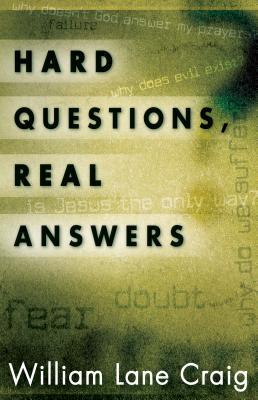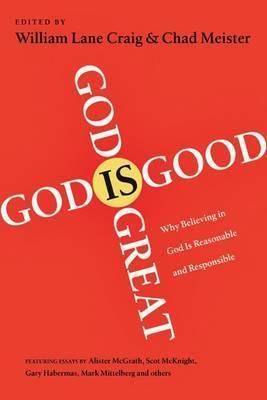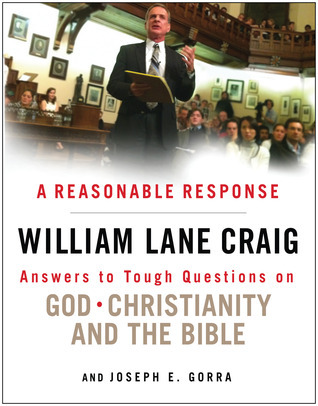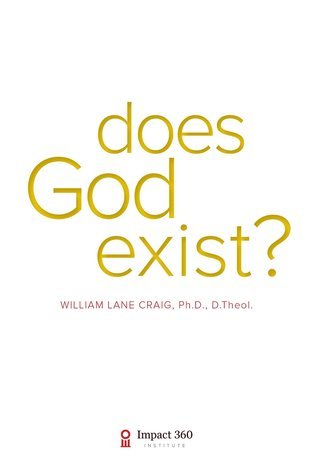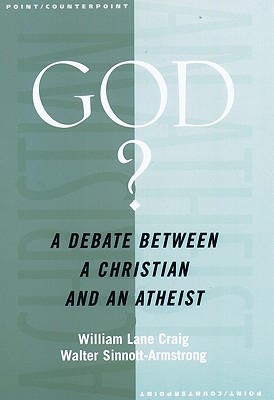
God?: A Debate between a Christian and an Atheist
Book Description
God: friend or illusion? Dive into the heart of one of humanity’s greatest questions in *God?: A Debate between a Christian and an Atheist*. Witness a riveting exchange between two formidable minds as they clash over the existence of a higher power. With passion and conviction, they unravel the tapestry of faith and skepticism, confronting profound truths and ethical dilemmas. Every argument is a strike, every rebuttal a counter-punch in this intellectual showdown. As the stakes rise, the chasm between belief and disbelief widens. Can reason triumph over faith, or does the soul yearn for something more? What do you believe?
Quick Book Summary
"God?: A Debate between a Christian and an Atheist" presents a lively, thought-provoking discourse between William Lane Craig, a leading Christian philosopher, and atheist philosopher Walter Sinnott-Armstrong. Through structured arguments and respectful exchanges, the book delves into the core arguments for and against the existence of God, exploring moral, cosmological, and experiential reasoning. Craig articulates the rational basis for faith, highlighting classic theistic arguments, while Sinnott-Armstrong critically examines their validity and points to philosophical naturalism as a sufficient worldview. Each side not only presents its case but also directly rebuts the other's position, engaging with issues like the origin of morality, the possibility of objective meaning, and the problem of evil. Ultimately, the debate illuminates the depth and complexity of questions surrounding faith and atheism, challenging readers to thoughtfully consider their own positions.
Summary of Key Ideas
Table of Contents
The Cosmological and Moral Arguments for God's Existence
The book opens with both debaters presenting their opening positions. Craig frames his stance around classical theistic arguments—the cosmological argument, the fine-tuning of the universe, and the moral argument for God’s existence. He contends that physical reality’s very existence and the presence of objective moral values are best explained by the presence of a personal, transcendent God. Sinnott-Armstrong, by contrast, articulates a skeptical, naturalistic worldview, maintaining that belief in God is not the only reasonable option in light of scientific explanations for origins and morality.
Critiques of Theistic Reasoning and Alternative Explanations
A significant portion of the debate centers on the cosmological and teleological arguments. Craig posits that the universe’s beginning necessitates a cause that is timeless, spaceless, and immaterial—a description he attributes to God. He further argues that the apparent fine-tuning of the universe for life suggests intentional design. Sinnott-Armstrong challenges these claims, questioning the necessity of a first cause and proposing that improbable events can occur without invoking supernatural explanations, given infinite or large-scale context provided by certain cosmological models.
The Problem of Suffering and Evil
The moral argument provides another central battleground. Craig insists that the existence of objective moral values and duties is improbable without God. In his view, moral realism requires a transcendent anchor to ground moral truths. Sinnott-Armstrong disputes this, suggesting that secular moral frameworks can account for shared ethical understandings and that human brains, shaped by evolution and culture, create workable, robust systems of morality independently of theism.
The Search for Objective Morality Without God
Addressing the perennial dilemma of suffering, the debaters examine the problem of evil. Sinnott-Armstrong foregrounds the existence of gratuitous suffering as evidence against an all-powerful, all-good deity. Craig responds by underscoring the potential for greater goods, inscrutable divine purposes, and the notion that suffering can play a meaningful role in spiritual growth or free will.
Philosophical Implications for Meaning and Purpose
In the final exchanges, both thinkers expand on the broader questions of meaning, purpose, and personal experience. Craig asserts that faith in God offers a coherent and satisfying account of human purpose and destiny. Sinnott-Armstrong counters that meaning and fulfillment are possible within a purely naturalistic framework, rooted in relationships, achievements, and personal growth. Throughout, the authors engage their audience, challenging readers to confront their presuppositions and grapple with the enduring enigma of God’s existence.
Download This Summary
Get a free PDF of this summary instantly — no email required.


